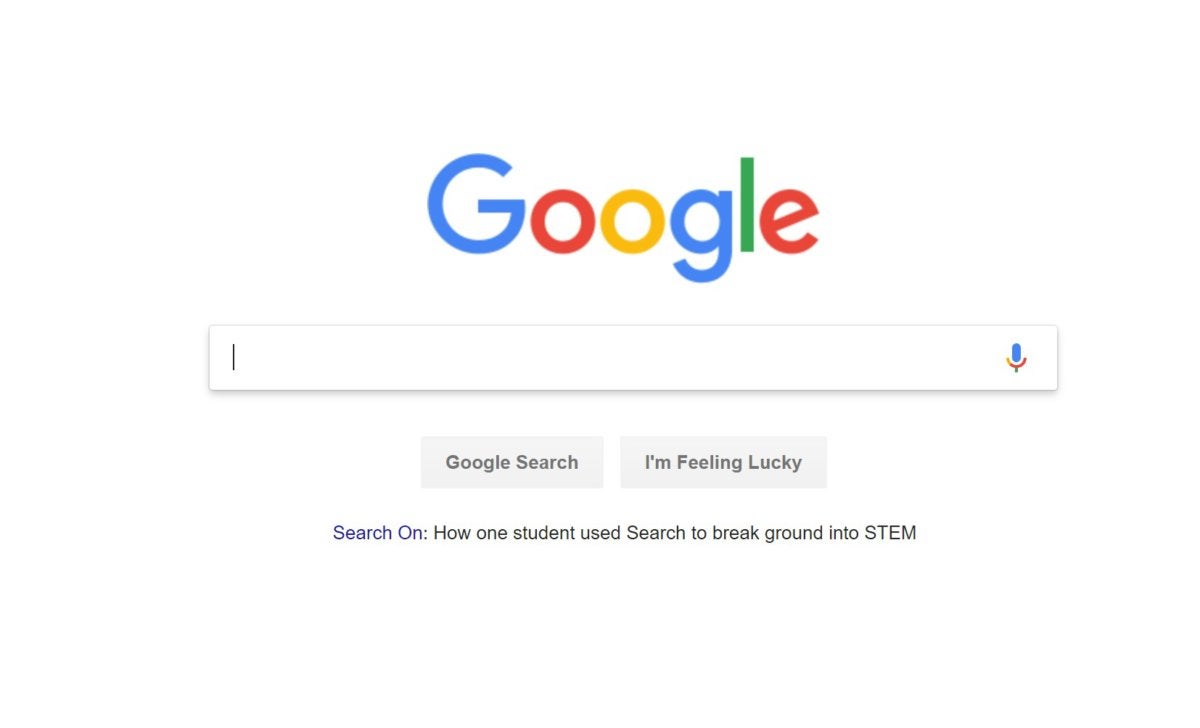
DOJ’s antitrust fight with Search engines: how exactly we got here
The US Division of Justice (DOJ) really wants to break Google’s iron grip on search and search advertising. But in the event that’s the end online game of the antitrust lawsuit unveiled nowadays, don’t expect the federal government (or Google-haters) to obtain what they want.
For a long time now, the Justice Departments and 11 Republican-led states have already been working to knock Search engines off its pedestal because the leading search motor. And today, Deputy Attorney General Jeffrey Rosen is alleging that Google violated Section 2 of the Sherman Act. This follows a 2019 investigation into “market-leading systems” and their competitive methods. Those with long technology remembrances may recall that the final important period the Sherman Work was used against an organization was in 1998 once the DOJ used it on Microsoft.
What the DOJ alleges
The Justice Section, in its filing in U.S. District Courtroom in the District of Columbia, claims Search engines offers created many exclusionary agreements that secure how users access se’s and the Internet collectively. How? By needing that Search engines be set because the preset default internet search engine on billions of cellular devices and computers globally and, oftentimes, prohibiting preinstallation of a competitor. Specifically, the complaint alleges that Search engines has unlawfully taken care of monopolies browsing and search marketing by:
- Entering directly into exclusivity agreements that forbid preinstallation of any kind of competing search services.
- Getting into into tying along with other arrangements that push preinstallation of its research apps in prime places on cellular devices and make sure they are undeletable, of user preference regardless.
- Getting into into long-expression agreements with Apple that want Google to function as default – plus de facto exclusive – common search engine upon Apple’s Safari browser along with other Apple search equipment.
- Usually using monopoly profits to get preferential treatment because of its search engine upon devices, web browsers, along with other search access points, developing a self-reinforcing and continuous period of monopolization.
Google’s defense? “Today’s lawsuit by the Division of Justice is seriously flawed. People use Search engines because they elect to – not really because they’re pressured to or since they can’t find alternatives.”
Google’s got a spot. Yes, it dominates lookup. By StatCounter’s latest figuring, 88.14% of most US searches head to Google. Microsoft Bing will come in second with 6.67%, yahoo then, 3.19%, accompanied by DuckDuckGo, 1.67%.
Therefore, the DOJ promises: “2 decades ago, Search engines became the darling of Silicon Valley since a scrappy start-up having an innovative solution to search the emerging internet. That Google is fully gone long. Of today is really a monopoly gatekeeper online the Google, and something of the wealthiest businesses on earth.”
So does which means that Search engines maintains a monopoly since it forces businesses into which consists of services or really does it imply that Google is merely better at search, and internet marketing than its competitors thus? The answer compared to that is simple. It’s better.
The road to Google search dominance
I am using search technologies because the 1970s and the 1st online database systems: NASA RECON, Dialog, proQuest now, and OCLC. In the pre-Web Web, I perfected Archie, Gopher, and WAIS. And before Larry Web page and Sergey Brin developed Search engines in 1998 long, I was a specialist at Alta Vista, Excite, and Lycos.
Then came Google.
Because of Google’s PageRank, which measured the relevancy of Webpages to queries based not merely on if the pages contain the keyphrases but by just how many relevant pages connect to it, Search engines beat away its online rivals quickly. Twenty-plus years later, Search engines does a more satisfactory job of searching than its rivals still.
 IDG
IDGIn turn, Google provides leveraged that succes to create favorable deals with others. There’s something greater than a small ironic that the Justice Section is going following the corporation for partnering using its chief Google android rival, Apple using its iPhone. Apple shall contend with Google at almost every other turn, but it understands it can’t create a better internet search engine. If Apple company could, it would.
The DOJ said in its filing that case is “just beginning.” The federal government furthermore says it’s wanting to change Google’s procedures and that “there is nothing off the table” with regards to undoing the “damage” caused by greater than a decade of anticompetitive company.
 Derek Walter
Derek WalterDoes Google use your computer data to greatly help it improve marketing and search? Yes it can. But this suit isn’t about personal privacy. It’s about Google’s profitable advertising business.
Two years ago just, the European Commission (EC) fined Google over €8 billion for various advertising violations. Although DOJ is going for a similar tack, Google did using its most egregious needs away. These integrated exclusivity clauses, which halted businesses from placing competitors’ research advertisements on their search engine pages and Premium Positioning, which reserved probably the most valuable web page property for Google AdSense advertisements.
It is also true that Search engines has gotten a lot more aggressive about which consists of own search web pages to hawk its preferred companions. As The Washington Write-up‘s Geoffrey A. Fowler recently pointed out: if you search for “TOPS” on Google, the initial real search outcome appears not really on row one, two, or three – those are usually reserved to promote – or rows 4 through eight even. The initial real result turns up on line nine.
Yes, Google might use an excellent hard legal slap. But, an antitrust suit? How can you break it upward exactly? There aren’t thoroughly clean dividing lines here – that leads back to a youthful case: The DOJ-Microsoft combat.
The Microsoft parallel?
In short, this is not Microsoft. In the 1990s, Microsoft killed off its chief browser rival successfully, Netscape, by bundling WEB BROWSER with Windows and forcing Windows down the throats of all PC vendors. No one’s forcing customers to utilize the Google engine. (DuckDuckGo enables you to change to its privacy-first internet search engine with the click of an individual button.)
You may also understand that despite the fact that the DOJ “won” its case against Microsoft, it made no real distinction. When was the final period you used Netscape?
What bothers a lot of people with regards to Google involves privacy worries. But this case is approximately advertising mainly. And what’s actually driving this right now will be politics, and it’s really been constructing toward today’s action for some time.
The Trump administration really wants to punish Search engines for what it calls its anti-conservative bias. (2 yrs ago, Trump’s advisers began speaking about subjecting Google searches to federal government regulation.)
Before this complete case was filed, many DOJ staffers said they weren’t prepared to charge against Google. But Lawyer Common William Barr overruled them and established the case in movement. Here’s Barr’s statement. Would it not surprise you to understand that every state lawyer general who signed to back this fit is really a Republican?
Google took “Avoid being evil,” out of its code of conduct 2 yrs ago. But, there’s evil, and there’s Evil. In this full case, the Trump management hopes to check like it’s standing solid against Big Tech, and attacking Search engines two weeks prior to the US election conveniently.
In any case, this try to re-stability the technology stability of power against Search engines shall likely arrived at nothing. For the most part Google shall pay a little – for Google – great and fine-tune its advertising agreements. Getting Big Tech to back heel, whether that means activity against Facebook, or Apple company, or another Big Tech business, will need to await another, more practical and company and tech-savvy administration.
